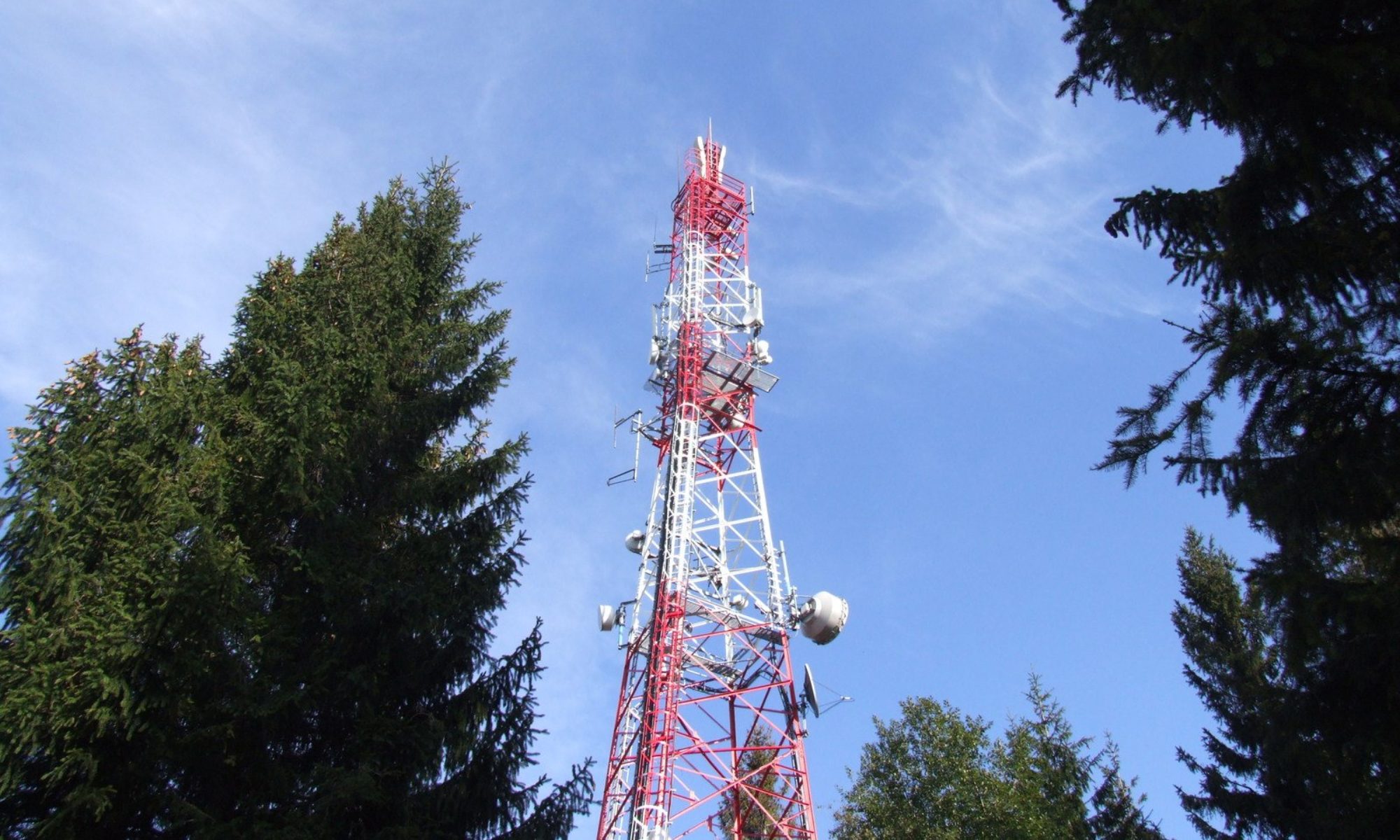They say that all good things must come to an end. They’re wrong. Good things remain good things, even if we’re no longer a part of them.
Last week, I announced my resignation as WAR Chairman to the board. As always with these things, there are many reasons for stepping down. Anyone looking for scandal can move on.
Those who know me know that I have many irons in the fire. In addition to my “day job” running the technical operations for radio stations in Milwaukee and Madison, I’m also the Chairman of my village’s Board of Zoning Appeals, and the Chairman of the Milwaukee chapter of the Society of Broadcast Engineers. I also have four kids, and grandson, and another grandchild on the way. It was pointed out to me that perhaps I wasn’t engaging myself as much as I should. I agree – something had to give, and it’s unfair for me to hold the position but not give it the attention that it deserves.
Most of you also know that I threw my hat in the ring at the moment that the organization had reached a crossroads. Nobody wanted to step up, and there were some very basic foundational problems. The one I still laugh about (because it was true) is that we really didn’t even have a clear definition of what a “member” was!
At any rate, over the past 18 months, the board was able to, with member input, create a new set of bylaws and organizational policies. Policies that I believe add transparency and accountability for everyone. And yes, we clearly defined who a member is. 🙂
I am very proud of the board and everyone who helped develop the new policies, and I am grateful to the members that supported the effort and gave us the vote of confidence in March by approving them and re-electing us to the board.
I think there is a very bright future ahead, and now that the foundation is in place, it’s a good time to pass the baton off to the next group.
It is very important that everyone be involved at the August meeting in Wausau. That is when the second (and final) vote takes place on the new bylaws. When those are approved, WAR can then add board members from around the state and start working towards the future. Please attend, and
please offer to help. There are challenges ahead with spectrum management, and now more than ever we need WAR representing the interests of Amateur operators in the state.
In the interim, Vice Chairman Dean Hoover will be stepping up to fill the role as Chairman. Please welcome him and thank him for his service to the group.
In closing, thank you. I truly have enjoyed my time as Chairman, and have been humbled by the support that has been shown to me by all of you. I hope that this isn’t goodbye – I hope to be involved again down the road.
Thanks and 73,
-Chris, W9JOL

